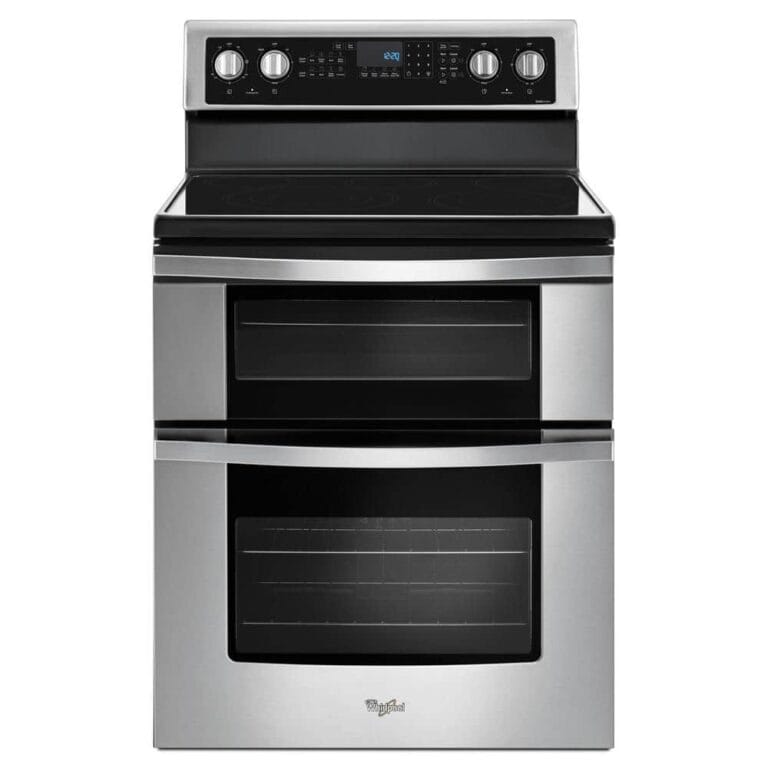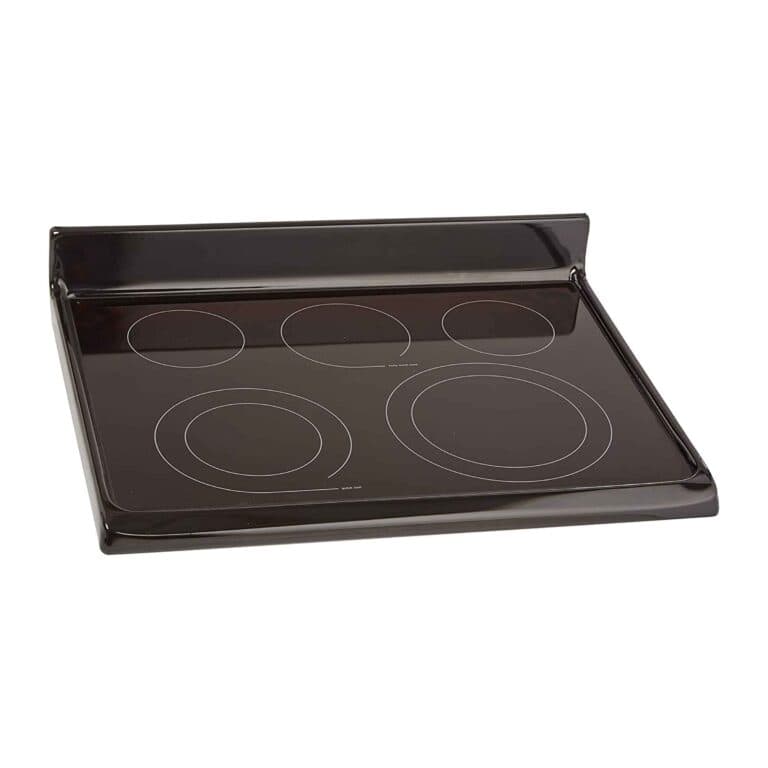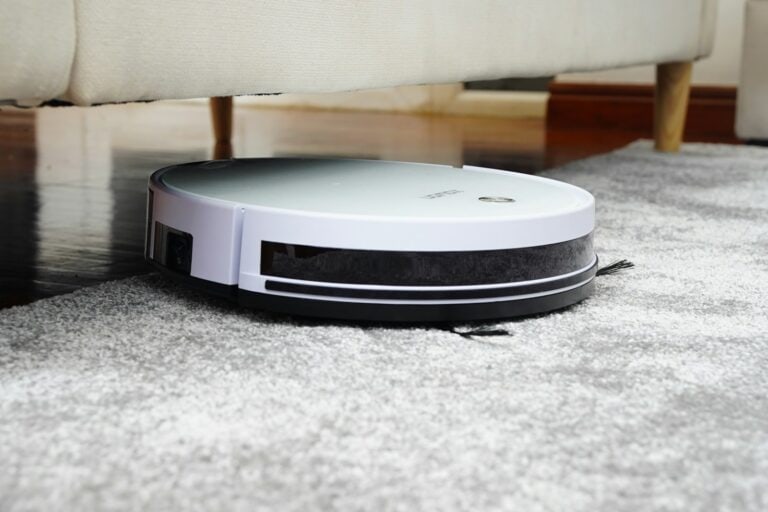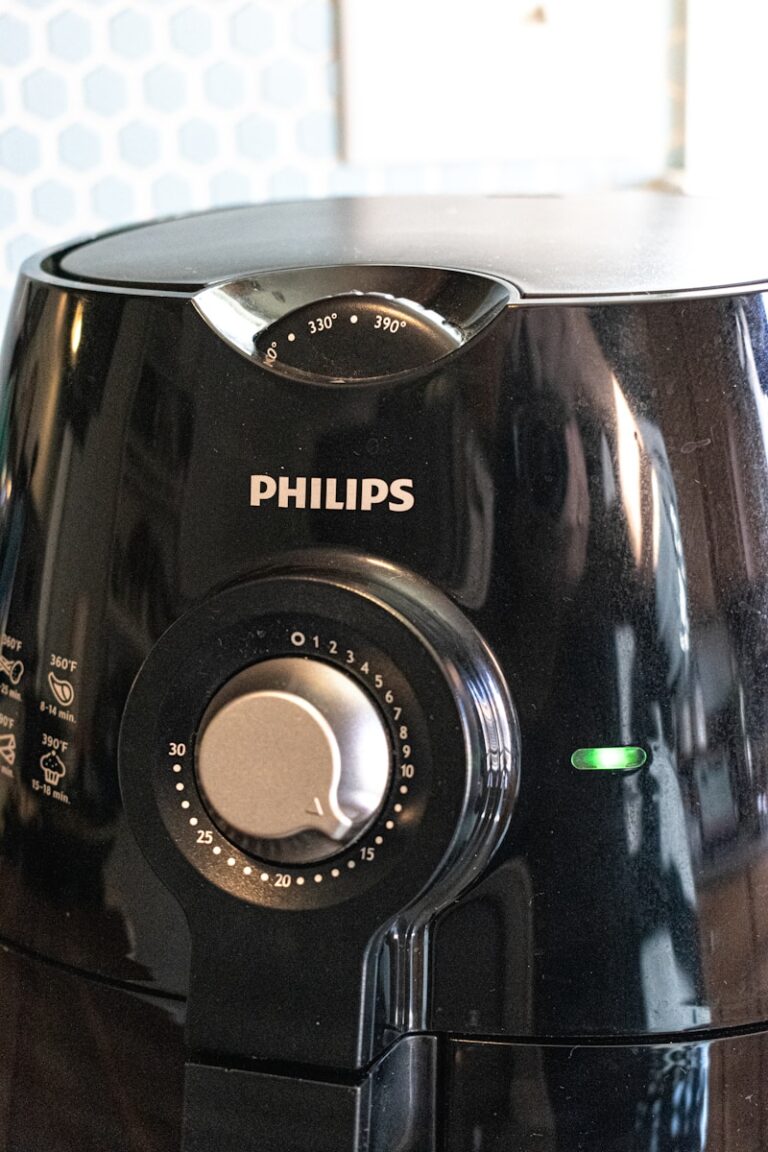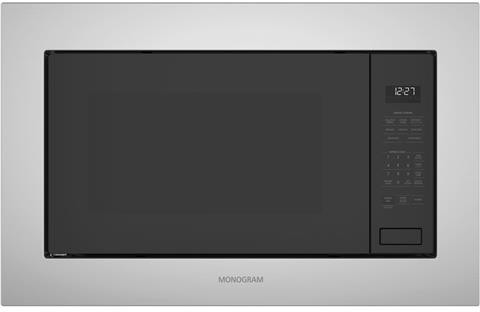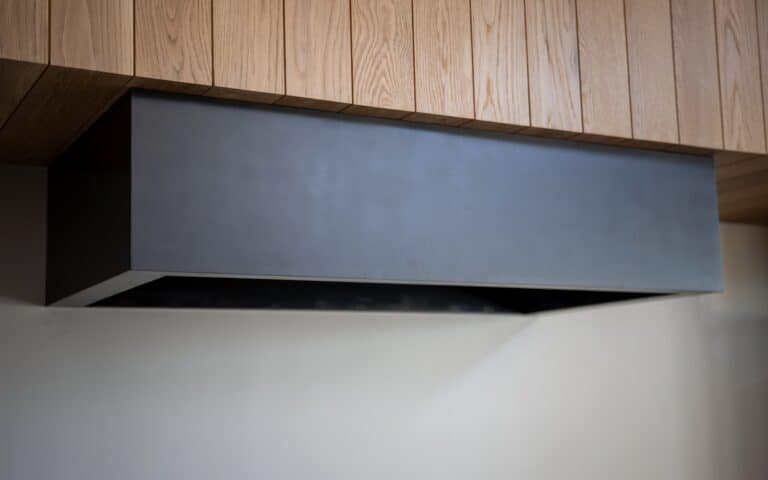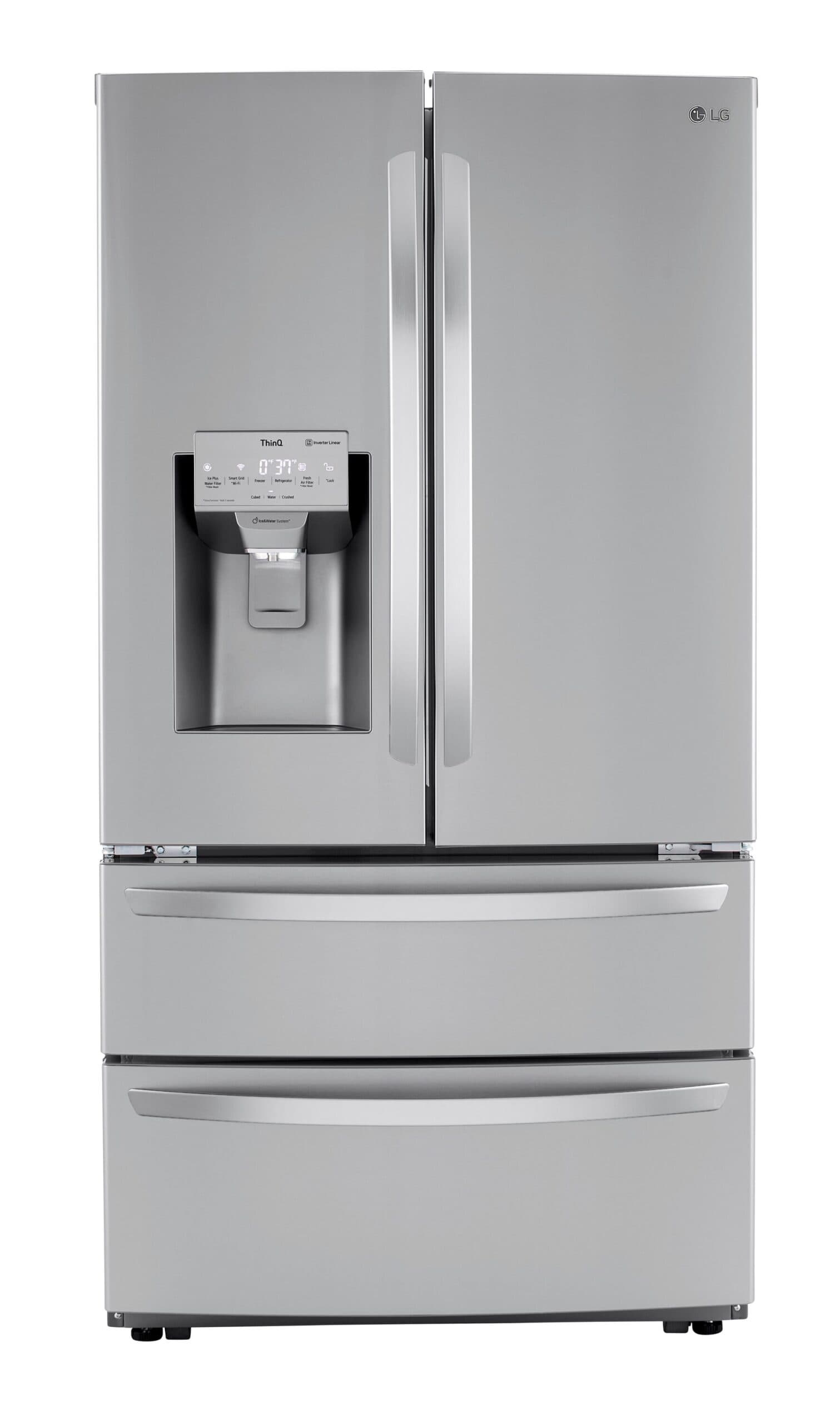
LG refrigerators are reliable appliances, but they can experience issues. The most common problems include inconsistent temperatures, ice maker malfunctions, and water dispenser failures. Many LG refrigerator problems can be resolved through simple troubleshooting steps without professional help.
Cooling issues often stem from dirty condenser coils, faulty thermostats, or blocked vents. These problems can usually be fixed by cleaning the coils, adjusting temperature settings, or clearing obstructions. Ice maker troubles may result from clogged water lines or faulty components, which can often be addressed by checking connections and replacing filters.
Water dispenser problems typically involve clogged filters or frozen water lines. Regular maintenance, such as filter replacement and proper temperature control, can prevent many of these issues. For more complex problems, LG offers customer support and repair services to diagnose and fix refrigerator malfunctions.
1. Refrigerator Not Cooling Properly
Possible Causes:
- Dirty condenser coils
- Faulty evaporator fan or condenser fan
- Blocked air vents
- Defective temperature control board
Fixes:
- Unplug the fridge and clean condenser coils (usually at the back or bottom).
- Check that fans are running; replace if not spinning.
- Rearrange items inside to avoid blocking airflow.
- Reset the refrigerator by unplugging for 5 minutes.
- If still warm, a faulty control board or compressor may require professional service.
2. Freezer Cold but Fridge Warm
Possible Causes:
- Frost buildup on evaporator coils
- Faulty defrost system (heater, thermostat, or timer)
- Damper control stuck closed
Fixes:
- Defrost the refrigerator manually by unplugging for 24 hours.
- Check the damper between the freezer and fridge for blockages.
- If frost reappears quickly, the defrost system may need repair.
3. Refrigerator Making Loud Noises
Possible Causes:
- Fan motor obstructed or failing
- Ice buildup around fan blades
- Compressor or condenser issue
Fixes:
- Listen to identify noise location (back, bottom, or inside).
- Remove ice buildup by defrosting.
- Clean condenser fan blades.
- Replace noisy fan motors if they rattle or grind.
4. Water Leaking Inside or Outside
Possible Causes:
- Clogged defrost drain
- Damaged water inlet valve or hose
- Cracked water filter housing
Fixes:
- Flush the defrost drain with warm water using a turkey baster.
- Inspect water lines for leaks or kinks.
- Ensure the water filter is installed correctly and replace if cracked.
5. Ice Maker Not Working
Possible Causes:
- Water supply line blocked or frozen
- Faulty water inlet valve
- Ice maker switch turned off
- Defective ice maker assembly
Fixes:
- Check that the ice maker is switched on.
- Inspect the water line for kinks or ice blockages.
- Replace the water filter if older than 6 months.
- If still not working, the ice maker assembly may need replacement.
6. Refrigerator Running Constantly
Possible Causes:
- Dirty condenser coils
- Door not sealing properly
- Temperature set too low
Fixes:
- Clean condenser coils.
- Inspect the door gasket for cracks or dirt; clean or replace if needed.
- Set the fridge to 37–40°F (3–4°C) and freezer to 0°F (-18°C).
7. Error Codes on Display
LG refrigerators display error codes when something goes wrong. Common ones include:
- ER IF – Ice maker fan error
- ER FF – Freezer fan error
- ER dH – Defrost heater error
- ER FS – Freezer sensor error
- ER rF – Refrigerator fan error
Fixes:
- Unplug refrigerator for 5 minutes to reset.
- If the error returns, the specific part (fan, heater, sensor) may need replacement.
Quick Reference Table
| Problem | Likely Cause | Quick Fix |
|---|---|---|
| Not cooling | Dirty coils, fan issue, control | Clean coils, check fans, reset |
| Freezer cold, fridge warm | Frost buildup, defrost failure | Defrost, check damper, service if persists |
| Loud noises | Fan obstruction, compressor | Defrost, clean fan, replace if needed |
| Leaking water | Clogged drain, faulty valve | Flush drain, inspect hoses, replace filter |
| Ice maker not working | Water line, valve, filter issue | Check line, replace filter, inspect valve |
| Running constantly | Dirty coils, bad gasket | Clean coils, check/replace gasket |
| Error codes | Fan, heater, or sensor failure | Reset, replace faulty component |
When to Call an LG Technician
- Refrigerator not cooling after basic troubleshooting
- Compressor making loud clicking or buzzing sounds
- Repeated error codes that don’t clear with a reset
- Persistent leaks from the back or bottom
- Electrical burning smell or sparks
Final Tips
- Clean condenser coils every 6 months.
- Replace water filters every 6 months for best ice and water quality.
- Avoid overloading shelves to maintain airflow.
- Keep the refrigerator level to ensure doors close properly.
By following this guide, you can fix many LG refrigerator problems at home and know when it’s time to call for professional service.
Key Takeaways
- Common LG refrigerator issues include cooling problems, ice maker failures, and water dispenser malfunctions
- Many refrigerator problems can be solved through simple DIY troubleshooting and maintenance
- LG provides customer support and repair services for complex refrigerator issues
Common Issues and Diagnostics
LG refrigerators can experience several issues that affect their performance. These problems range from cooling failures to error codes and unusual noises.
Not Cooling or Insufficient Cooling
A common problem with LG refrigerators is inadequate cooling. This issue can stem from various causes. Dirty condenser coils often lead to cooling problems. To fix this, locate the coils at the back or bottom of the fridge and clean them with a vacuum or brush.
Faulty thermostats can also cause cooling issues. Check the thermostat inside the fridge using a multimeter to test for continuity. If it’s defective, replace it.
Another potential cause is a malfunctioning compressor. Listen for a humming sound when the fridge is plugged in. If you don’t hear it, the compressor might need replacement.
Ensure proper airflow inside the fridge. Overloading can restrict air circulation, leading to uneven cooling. Arrange items with space between them for better air movement.
Error Codes and Smart Diagnosis
LG refrigerators display error codes to indicate specific problems. Common codes include:
- Er IF: Ice fan motor error
- Er FS: Freezer sensor error
- Er rF: Refrigerator fan error
To use Smart Diagnosis:
- Press and hold the Freezer button for 3 seconds
- Open the refrigerator door
- Hold your phone near the speaker
- Follow the app instructions to complete the diagnosis
This feature helps identify issues quickly and provides troubleshooting steps.
Strange Noises or Vibrations
Unusual sounds from an LG refrigerator can indicate various problems. A clicking noise often means a failing start relay. This part helps the compressor start and run. Replace it if necessary.
Buzzing sounds may come from the ice maker. Check if it’s jammed with ice and clear any blockages.
Rattling noises could be due to loose parts. Tighten any visible loose screws or brackets.
Gurgling or bubbling sounds are usually normal. They occur when refrigerant flows through the cooling system.
If vibrations persist, ensure the fridge is level. Adjust the leveling feet at the bottom of the unit to stabilize it.
Crucial Components and Their Failures
LG refrigerators rely on several key components to maintain proper cooling. When these parts malfunction, it can lead to significant performance issues and food spoilage.
Compressor and Linear Compressor Issues
The compressor is the heart of an LG refrigerator. It circulates refrigerant throughout the system. LG’s linear compressor technology aims to improve efficiency and reliability.
Common compressor problems include:
- Failure to start
- Overheating
- Excessive noise
- Inefficient cooling
Signs of a failing compressor include warm temperatures inside the fridge and unusual noises. If the compressor stops working entirely, the refrigerator won’t cool at all.
Linear compressors can develop issues with their electronic control boards. This may cause intermittent cooling or complete failure. Replacement of a faulty linear compressor is often costly but necessary to restore proper function.
Evaporator Fan and Condenser Coils
The evaporator fan circulates cold air inside the refrigerator. Condenser coils release heat from the refrigeration cycle.
Evaporator fan problems can cause:
- Uneven cooling
- Frost buildup
- Increased energy usage
A noisy fan often indicates worn bearings or a failing motor. Replacing the fan motor usually resolves these issues.
Dirty condenser coils reduce efficiency and strain other components. Regular cleaning helps prevent:
- Overheating
- Compressor failure
- Higher energy bills
Damaged coils may leak refrigerant, leading to inadequate cooling. Professional repair or replacement is typically required for coil issues.
Maintenance and Quick Fixes
Regular maintenance and simple fixes can prevent many common LG refrigerator issues. Proper temperature management, cleaning, and addressing freezing problems are key areas to focus on.
Temperature Management
Maintaining the right temperature in your LG refrigerator is crucial. Set the refrigerator compartment between 37°F and 40°F (3°C to 4°C). The freezer should be at 0°F (-18°C). Use a separate thermometer to verify these settings.
Check the thermostat if temperatures are off. A faulty thermostat may need replacement. Ensure proper airflow by not overcrowding shelves. Leave space between items for cold air circulation.
If the fridge isn’t cooling, inspect the condenser coils. Dirty coils can’t release heat efficiently. Clean them every 6 months for optimal performance.
Condenser Cover Panel Cleaning
The condenser cover panel houses vital components. Regular cleaning prevents overheating and improves efficiency. Here’s how to clean it:
- Unplug the refrigerator
- Remove the base grille (if present)
- Locate the condenser cover panel
- Vacuum dust and debris
- Wipe with a damp cloth
- Dry thoroughly before reassembling
Clean the panel every 3-6 months. This simple task can extend your refrigerator’s lifespan and prevent costly repairs.
Avoiding Freezing Issues
Freezing problems in LG refrigerators often stem from incorrect settings or malfunctioning parts. Check the temperature control dial first. If it’s set too low, items may freeze.
Inspect the door seals for damage. Faulty seals let warm air in, causing the fridge to overcompensate. Clean the seals with warm, soapy water and dry thoroughly.
A defective defrost timer can cause excessive freezing. If you notice frost buildup, the timer may need replacement. This is typically a job for a professional technician.
Ensure items aren’t blocking air vents inside the fridge. Proper air circulation prevents cold spots that can lead to freezing.
Professional Repair and Customer Service
LG offers several options for refrigerator repair and customer support. Owners can request service online through LG’s website. This allows scheduling repairs for refrigerators and other appliances conveniently.
For immediate assistance, customers can text “Hi LG” to 1-877-894-9914. This provides quick help directly from a mobile device. LG’s customer service line at 1-888-542-2623 is another resource for troubleshooting and repair needs.
LG Premium Care customers have access to dedicated support. They can call 1-855-549-0540 to initiate repair requests. This service is available Monday to Friday 8am-11pm ET and weekends 9am-6pm ET.
Before calling for repairs, owners can try some basic troubleshooting:
- Check the warranty status
- Inspect door seals for damage
- Ensure proper temperature settings
- Clean condenser coils if accessible
These steps may resolve minor cooling issues. For more complex problems, professional service is recommended. LG’s trained technicians can diagnose and repair refrigerator components like compressors and start relays.
Frequently Asked Questions
LG refrigerator owners often encounter specific issues with their appliances. These common problems and solutions can help troubleshoot and resolve many refrigerator-related concerns.
Why is my LG refrigerator not cooling effectively?
Several factors can cause cooling problems in LG refrigerators. Check if the temperature settings are correct. The ideal refrigerator temperature is 37°F (3°C) and 0°F (-18°C) for the freezer.
Ensure the condenser coils are clean and free from dust or debris. Dirty coils can reduce cooling efficiency. Verify that the door seals are intact and the refrigerator is not overloaded, as these issues can affect cooling performance.
What are the steps to troubleshoot an LG refrigerator’s ice maker issues?
Start by checking the water supply line for any kinks or blockages. Ensure the water valve is fully open and the water pressure is adequate.
Inspect the ice maker for any visible damage or ice buildup. If ice is stuck, gently remove it. Check the freezer temperature, as it should be around 0°F (-18°C) for proper ice production.
Which LG refrigerator models have been subject to recalls?
LG has issued recalls for specific refrigerator models in the past. The most notable recall occurred in 2017 for certain LG French door refrigerators manufactured between 2013 and 2015.
Consumers should check the LG website or contact customer service for the most up-to-date information on recalls affecting their specific model.
How can I reset my LG refrigerator?
To reset an LG refrigerator, unplug the unit from the power source for about 30 seconds. This action clears the control board and can resolve minor electronic glitches.
For some models, pressing and holding the refrigerator and freezer buttons simultaneously for 5 seconds may initiate a reset. Consult the user manual for model-specific reset instructions.
What issues are covered under the LG refrigerator lawsuit of 2024?
The 2024 LG refrigerator lawsuit primarily focused on compressor failures in certain models. Affected consumers reported issues with cooling performance and food spoilage.
The lawsuit alleged that LG was aware of the defective compressors but failed to adequately address the problem or compensate affected customers.
Are there common electrical problems with LG refrigerators that affect their operation?
Some LG refrigerators may experience electrical issues that impact their functionality. Common problems include faulty control boards, defective temperature sensors, and malfunctioning display panels.
These issues can lead to temperature fluctuations, error codes on the display, or complete loss of cooling. Professional diagnosis is often necessary to identify and resolve electrical problems accurately.

